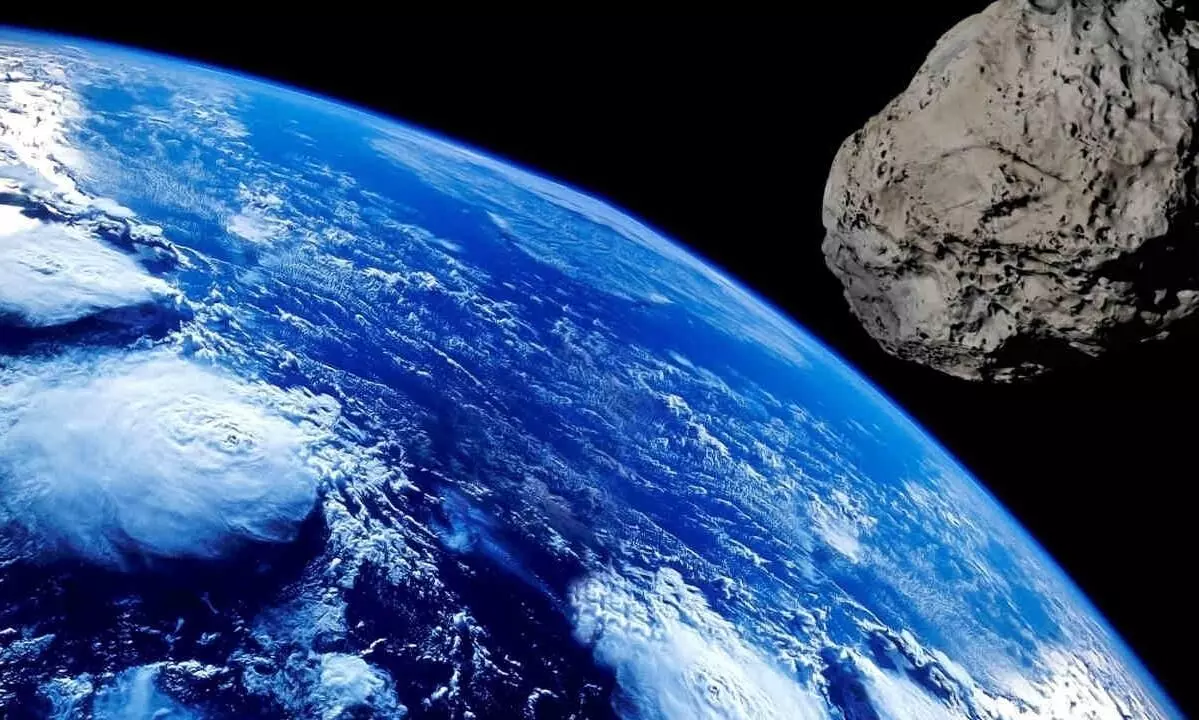
An asteroid makes way to pass by earth on January 3
text_fieldsAstronomers identified an asteroid as large as a double-decker bus is to pass earth on Jan 3rd, Sunday at 10:03 UTC time, according to the NASA observations. The space rock known as 2020 YA1 is closing in through the solar system at the rate of 3.7 km/s. However, the Jet Propulsion Laboratory's (JPL)high precision orbit computations confirms that it will just pass by and will have no direct impact on Earth.
It will be closest to earth on Sunday at a distance between will be 1,556,104 kilometers, equivalent to 4.0474 Lunar Distances and the phenomenon is termed as 'near earth' passing. NASA describes 'near earth objects (NEOs) as a category of asteroids or comets whose orbit is very close to intersecting Earth's orbit. These objects are traced cautiously by astronomers because of potential risk of impact.
NASA detects that the asteroid 2020 YA1 is above the horizon from Greenwich, United Kingdom and is visible looking in the South-South-East direction at an altitude of 38 degrees above the horizon. The asteroid is going to fly by Earth at just 4.1 times the distance between the Earth and the Moon.
It is expected that even if the asteroid is to collide with earth, it would show no risk as it would simply burn up in the atmosphere at 16 metres wide.
NASA also revealed that the earth will witness passing by of three other NEOs, including a 220-meter space rock named the 2003 AF23 asteroid early January.
The asteroid explosion in 2013, in which a 20-metre space rock hurtled towards Earth and exploded above a Russian city Chelyabinsk, caused infrastructure damage to more than 7,000 buildings and injured more than 1,400 people.






















